PHM is the national museum of democracy, telling the story of its development in Britain: past, present, and future.
On this blog we share posts from the PHM team and other experts, with behind the scenes stories, coverage of PHM's exhibitions and events, and highlights from the museum's unique collection.
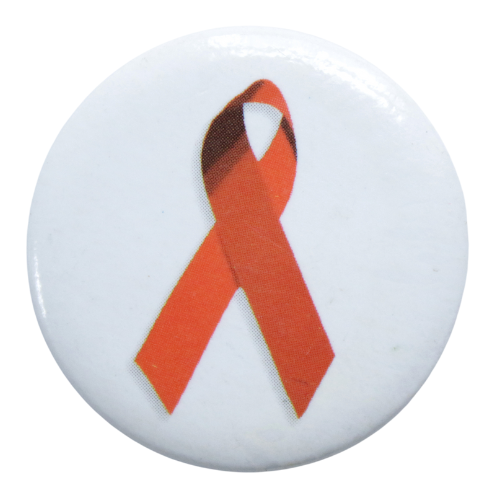
People’s History Museum’s Collections Assistant Jaime Starr recounts a brief history of HIV activism in the UK, from the beginning of the epidemic to the present.
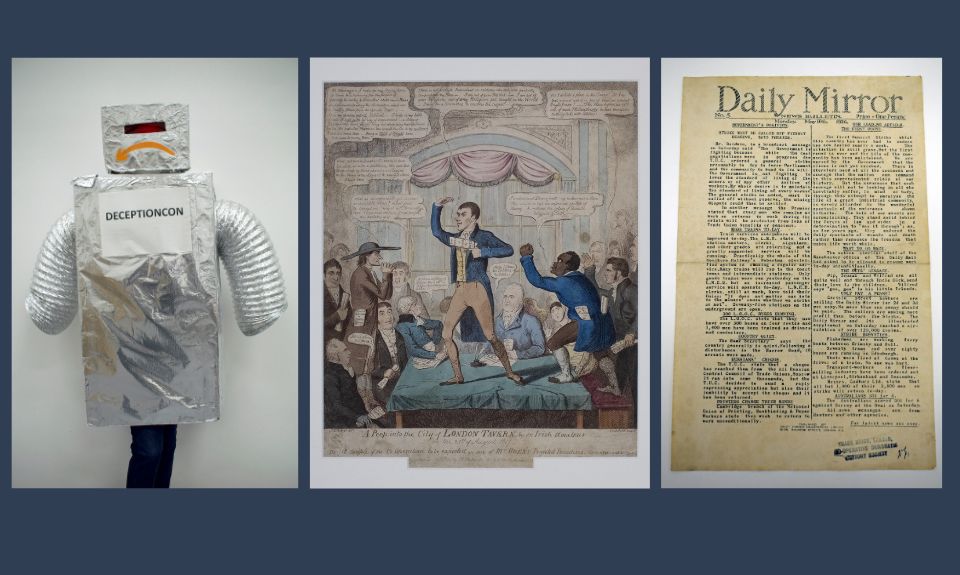
Today we’re joining National Lottery Heritage Fund and showcasing heritage treasures across three centuries in PHM’s collection.
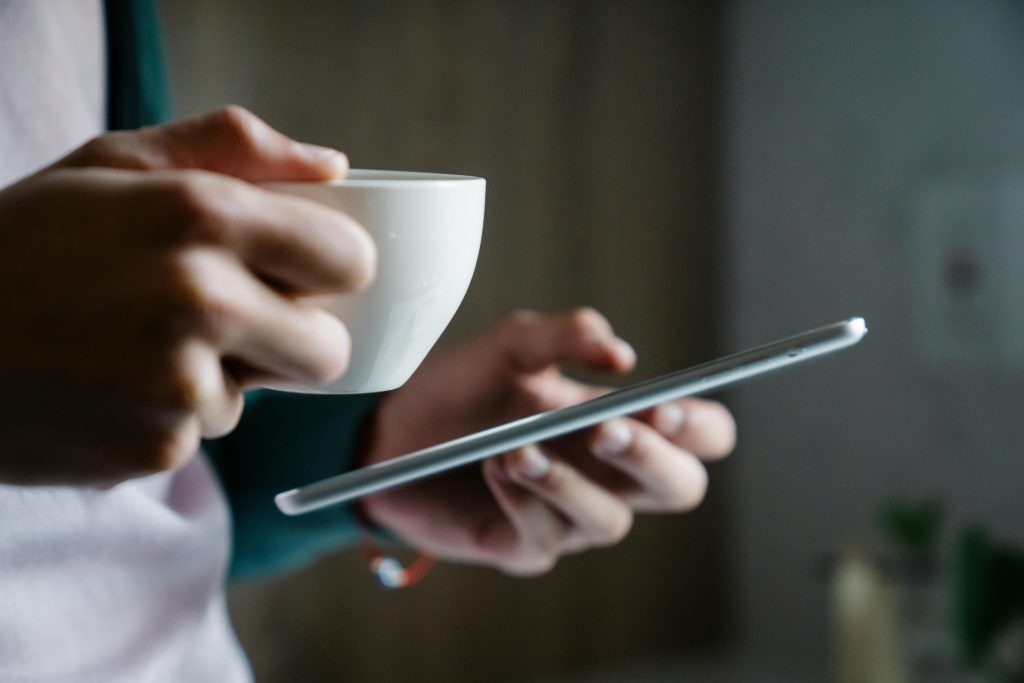
This December we look back at your favourite blogs from 2024.
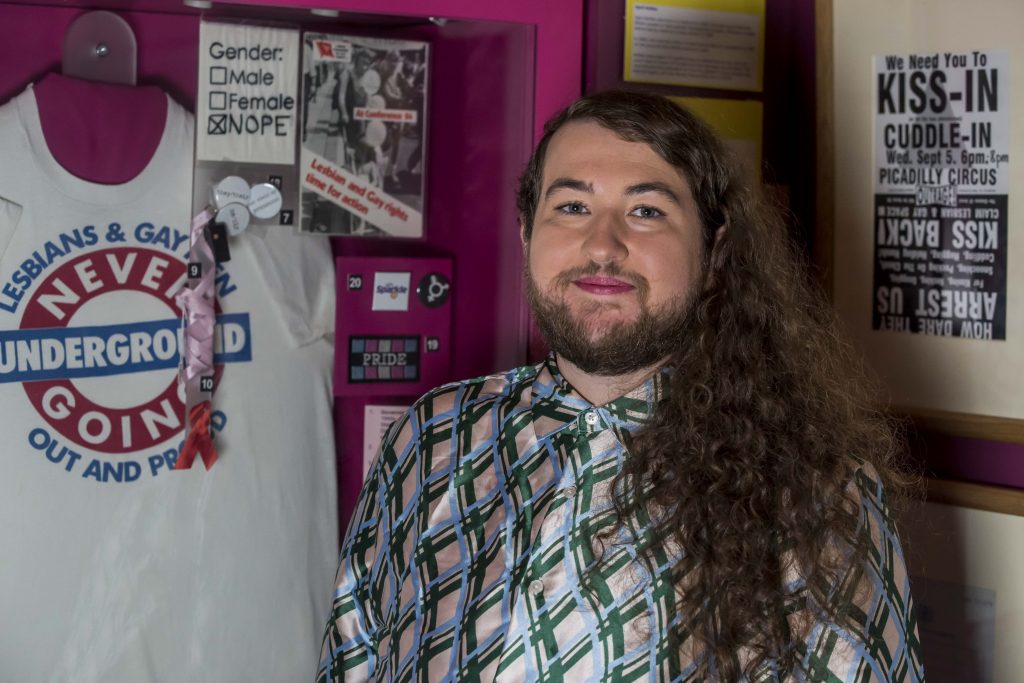
A look at objects in PHM’s collection which put the spotlight on key modes of British anti-fascist resistance with our Collections Assistant Jaime Starr.
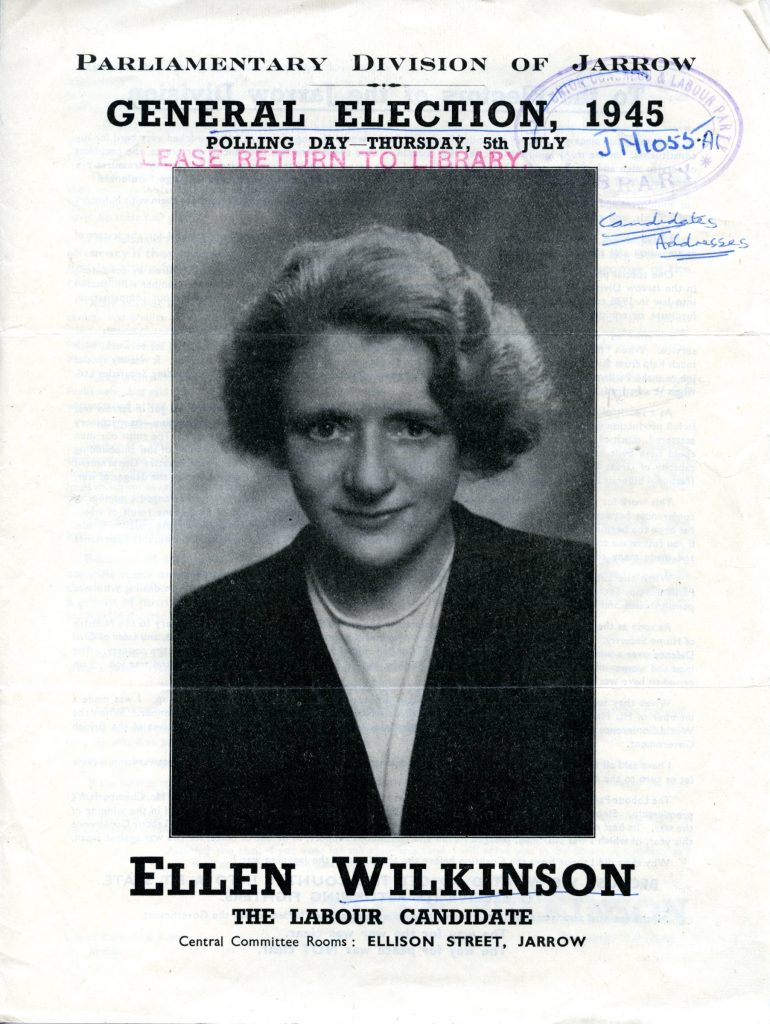
A look at the incredible life of one of the first female Labour MPs Ellen Wilkinson, featuring items from People’s History Museum’s (PHM) collection with PHM’s Visitor Experience Supervisor Sara Ferri. October 2024 marks the centenary of Ellen Wilkinson MP taking office.